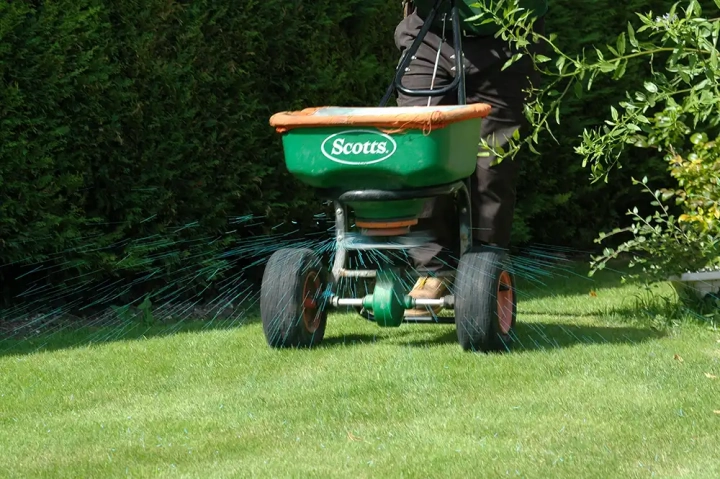Our Soil Conditioning Formula
Our regular essentials service plan includes a healthy dose of Soil / biodiversity / fertility boosting ingredients during our early winter visit.
But for problem soils with very high compaction / low organic matter component OR poor growing conditions due to Low Soil Ph it is often necessary and extremely beneficial to use applications of more powerful & specifically targeted Soil Conditioning granules before the lawn can reach & be sustained at its full potential.
Contents include:
Gypsum
Helps `break up` clay soil
Humic Acid
Which is NOT acidic! - It is a naturally carbon-rich soil amendment that can positively affect the soil chemistry as well as the soil microbial activity
Composted Cow Manure
Dried and odourless organic matter
Cold Pressed seaweed extracts
A natural fertiliser containing over 60 different minerals




Why Have Soil Conditioning?
Finding perfect, rich, loamy soil in gardens and under the lawns of East Anglia is extremely rare. The prevailing Clay soils can provide a good growing base as they retain moisture and nutrients, however they will become waterlogged when wet, and once dry and dehydrated it can take a large volume of water to get them moist again.
In Clay soils there is a lack of organic matter, a scarcity of air gaps and as a result, often little in the way of a healthy microbiological population. It is also very unlikely that a heavy, clay type soil will host a Mycorrhizal Fungi population without a lot of help.
Mycorrhizal Fungi is a soil fungus that is beneficial to soil fertility and the root system. The fungus acts as an extension of the root itself and gives a big boost to plant health. Many believe its presence is the sign of a truly biologically diverse soil environment, and the turf management industry is increasingly aware of its benefits.
Another extremely common issue found in East Anglian soils is Low PH. The soil is a little acidic, which does not make growing conditions easy for grass. As PH drops, the ability of plants and Grass to harvest nutrients from the soil also drops. The nutrients essentially remain locked into the soil and the grass cannot make use of them.
Soil Acidity can worsen over time for several reasons, incorrect fertiliser inputs with over reliance on Nitrogen, Proximity of Conifer Trees or Hedges and Deciduous Autumn Leaf fall are all culprits. Coastal regions face further problems as salty air and rain showers also lower soil PH over time.
These are all issues which affect our customers lawns to some degree with a very few exceptions. The exceptions are unsurprisingly found mostly in the gardens of well-established country or village properties, places where many previous generations have used the ground to produce vegetables or even for the keeping of chickens and other animals.
For most of us, digging up our lawns and starting again, with fresh topsoil and working in manure before re seeding is simply not an option. Nor is it necessary. The emergence of the latest generation of soil conditioners allow us to slowly and gently improve our soil with no disruption and minimal expense. The key is that we can get the grass and soil out of the cycle of deterioration, and into a cycle of sustainable improvement.
There are many ways we can approach this, but our standard soil conditioning treatment is well tuned to help with the challenges of most East Anglian lawn environments. Even if your lawn looks `ok` there are a lot of benefits to be unlocked by giving the soil underneath it a helping hand. It works best if combined with regular Lawn Aeration





